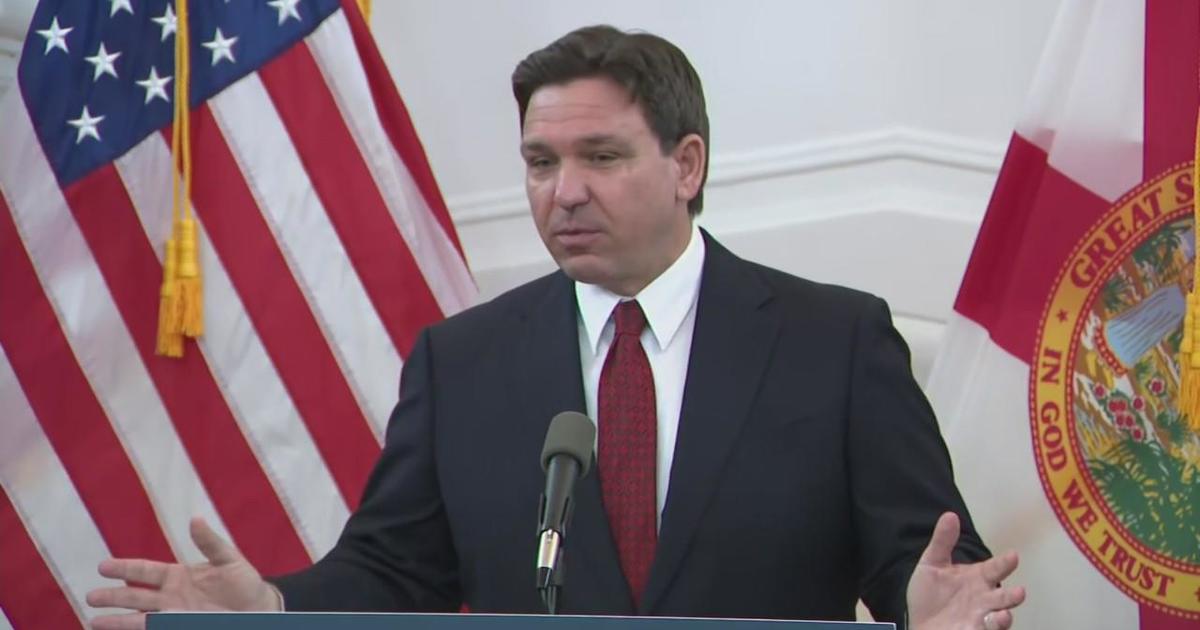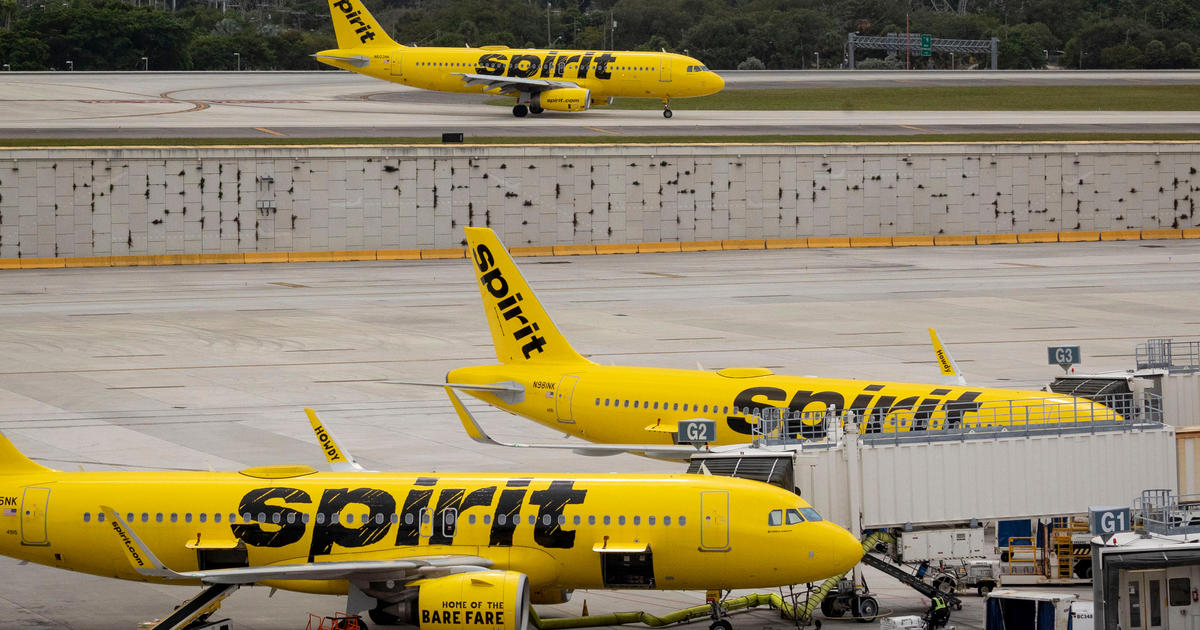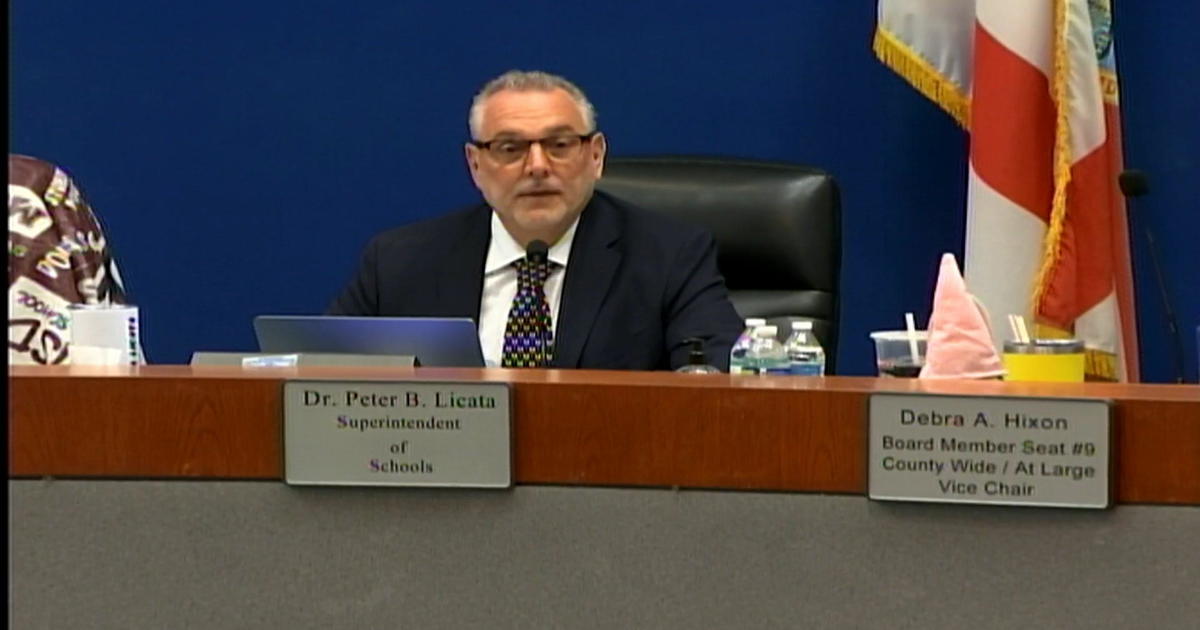U.S. Announces New Cuba Trade, Travel Rules
Follow CBSMIAMI.COM: Facebook | Twitter
MIAMI (CBSMiami) -- Federal officials announced changes to travel and trade restrictions for Cuba which have been in place for over 50 years.
The U.S. Departments of the Treasury and Commerce published regulatory amendments to the existing Cuba sanctions on Thursday.
According to the department documents, the changes will take effect on Friday, January 16th.
CLICK HERE To Watch Marybel Rodriguez's Report
The changes include eased restrictions on travel for authorized purposes, raise of the limits on and generally authorize certain categories of remittances to Cuba, allow U.S. financial institutions to open correspondent accounts at Cuban financial institutions, authorize certain transactions with Cuban nationals located outside of Cuba, among other activities.
One major change is Cuban-Americans will be allowed to send up to $8,000 dollars a year to relatives, up from the current $ 2,000 a year. Americans will also be allowed to help build private homes in Cuba.
When it comes to travel, those who will be doing the following activities will be authorized to travel: family visits, journalistic work, professional research and professional meetings, public performances, educational activities, exportation, importation, and transmission of information.
Travel agents and airlines won't need special licenses and U.S. travelers will no longer have limits on how much they can spend.
Travelers will also be allowed to bring back up to $400 in total goods and will be allowed to use credit and debit cards.
However, the changes will not open the floodgates of U.S. travel to Cuba because general tourism is still not allowed. Tourist travel is still banned by laws that have to be changed by Congress and Cuba has yet to say how many visitors it'll allow on the island.
"The average American can't travel to Cuba if it doesn't fall within these 12 groups," said University of Miami Professor Pedro Roig.
Click here for a breakdown of the changes.
The changes are part of President Barack Obama's plans to normalize relations with Cuba.
On December 17th, the president announced the historic changes to the U.S.- Cuba Policy following the release of American Alan Gross, Cuba's highest profile prisoner who had been jailed for more than five years.
READ: Alan Gross Speaks Out After Release From Cuban Prison
The White House released a statement on the changes Thursday saying in part, " These changes will immediately enable the American people to provide more resources to empower the Cuban population to become less dependent upon the state-driven economy, and help facilitate our growing relationship with the Cuban people."
They also believe the increased travel, commerce, and flow of information will help advance U.S. interests as well as the lives of Cubans.
"What the president has said is that let's change those policies in an attempt to try something different as we pressure the Castro regime to do a better job of respecting and protecting basic human rights," said White House Press Secretary Josh Earnest.
The new changes faced some opposition from a local leader U.S. Senator Marco Rubio (R-FL), who issued the following statement:
"This is a windfall for the Castro regime that will be used to fund its repression against Cubans, as well as its activities against U.S. national interests in Latin America and beyond. Given existing U.S. laws about our Cuba policy, this slew of regulations leave at least one major question President Obama and his administration have failed to answer so far: what legal authority does he have to enrich the Castro regime in these ways?
"Yesterday I requested answers from Secretary Lew on how this new Cuba policy would be implemented without violating the letter and spirit of several U.S. laws, and without increasing the moral and financial risk to the American taxpayer and financial system of doing business through Cuba's government-controlled financial system. While those questions remain unanswered, one thing that's become even more crystal clear today is that this one-sided deal is enriching a tyrant and his regime at the expense of U.S. national interests and the Cuban people."
Congressman Mario Diaz-Balart (R-FL) is also opposed to the change .
"These changes are a fulfillment of the President's shameful pledge to do all he can to prop up the Castro regime at the expense of the Cuban people. As the Administration surrenders every ounce of leverage that is within its power to cede and more, the Castro dictatorship continues to oppress the Cuban people and perpetuate its anti-American activities," said Diaz-Balart in a statement. "It is important to note that the President's changes to U.S.-Cuba policy are vehemently opposed by every Cuban-American Member of Congress from both chambers, and from both parties."
U.S. Representative Ileana Ros-Lehtinen said the changes provide an "economic lifeline to the Cuban communist regime" and said they do not help promote political and economic freedom for the people of Cuba."
She went on to say in a statement, "Instead, it does the opposite. The Obama administration has once again opted to unilaterally ignore existing U.S. law in issuing these new regulations, and in doing so, has provided an economic lifeline to the Cuban communist regime. President Obama's concessions to the Castro brothers only serve to embolden them and allows them to continue violating human rights, while doing nothing to further the cause of freedom and democracy for the millions of oppressed Cubans."
RELATED CONTENT:



